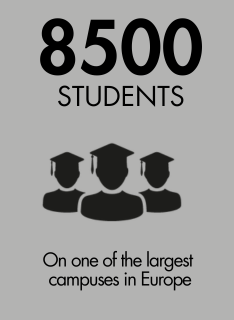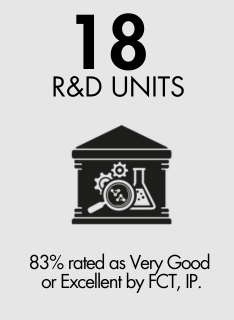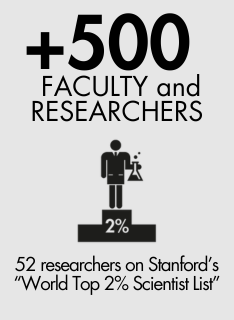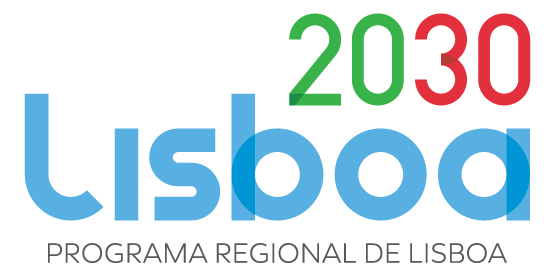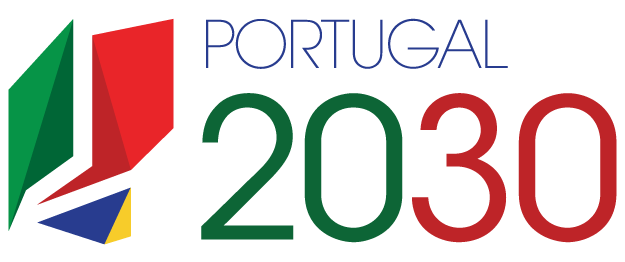Admission Requirements
To be admitted to the PhD program in Atomic and Molecular Physics, candidates must meet the requirements established by national legislation, as well as the regulations of UNL and NOVA FCT, and comply with at least one of the following conditions:
Hold a master’s degree in scientific areas of Physics, Physical Engineering, or related fields, or an equivalent legal qualification, with a minimum final grade of 14 (on a 0–20 scale);
Hold a bachelor’s degree and possess an academic or scientific curriculum deemed particularly relevant and recognized by the Scientific Council as demonstrating the capacity to undertake this cycle of studies;
Possess an academic, scientific, or professional curriculum in the field of Physics that is recognized by the Scientific Council of NOVA FCT, upon recommendation from the Department of Physics Scientific Committee, as demonstrating the capacity to undertake this cycle of studies.
Selection criteria
The selection of candidates is the responsibility of the PhD Scientific Committee through the evaluation of the submitted documentation, and it may invite potentially eligible candidates for an interview.
The Scientific Committee of the Physics doctoral program may request the candidate to provide additional documentation deemed relevant for the application assessment.


